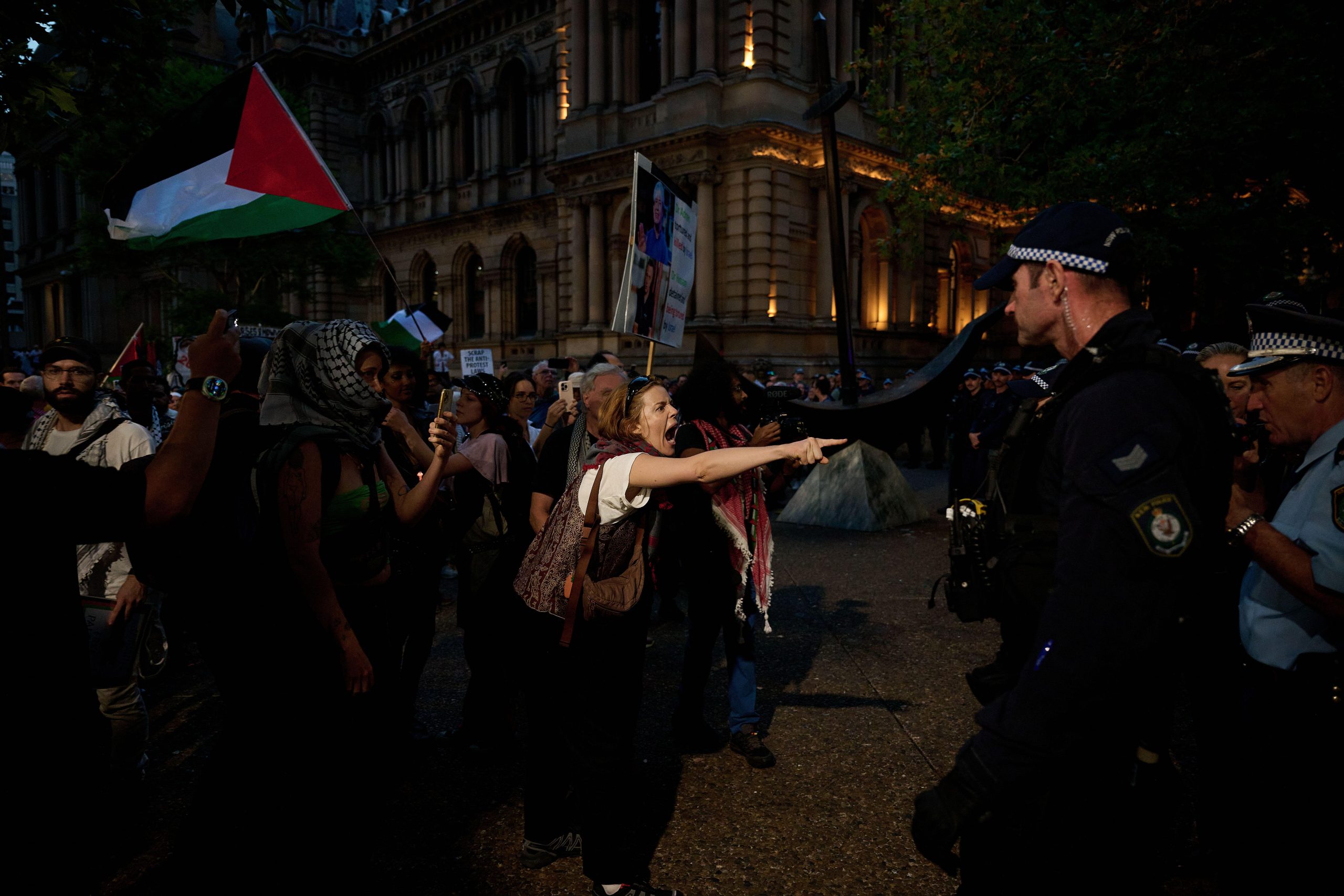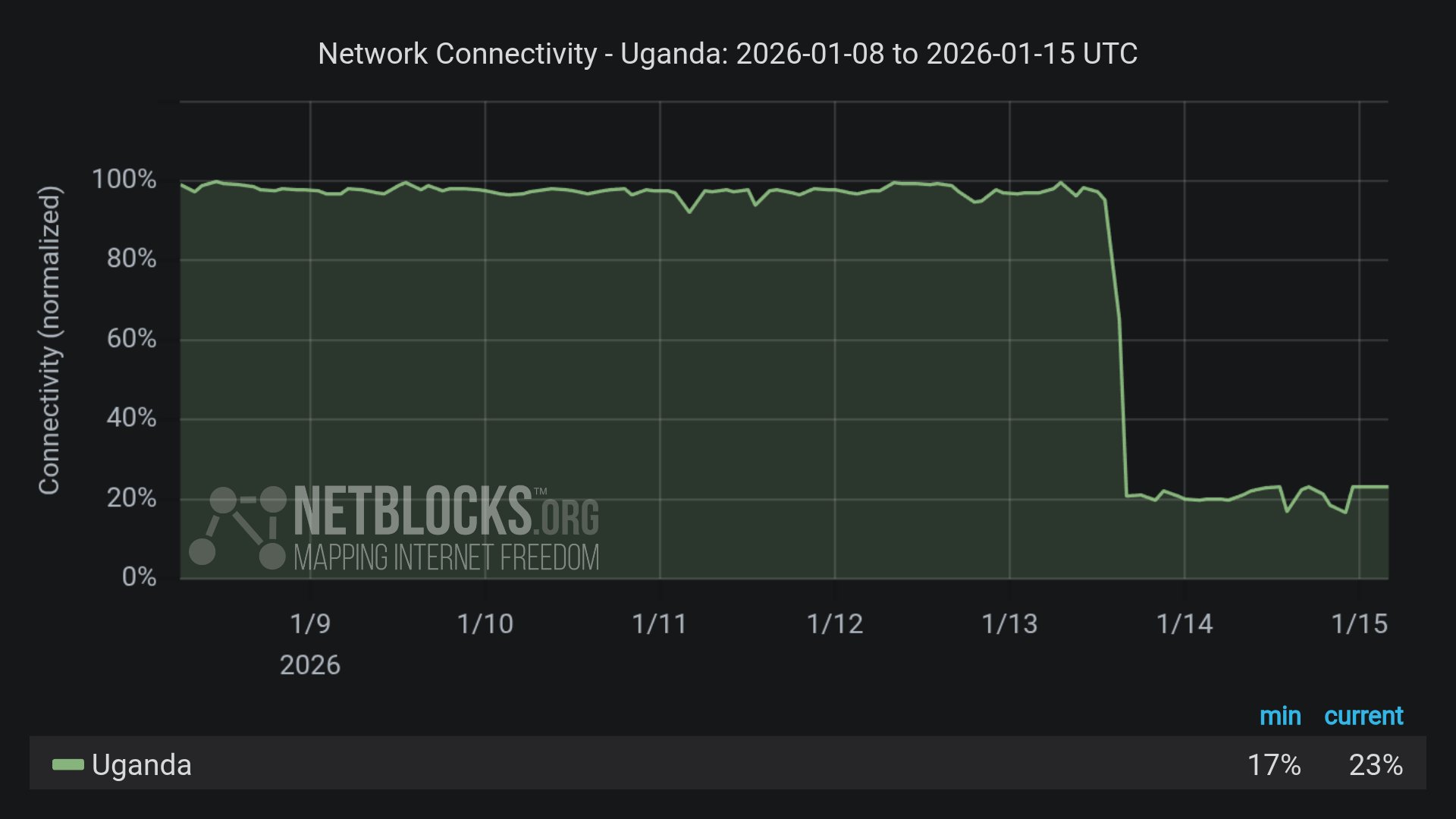It’s no surprise that the Western media was a little slow to catch up to the unrest in Tunisia. The tiny country sandwiched between Libya and Algeria has always been notoriously opaque to outsiders.
Known as one of the world’s most quietly repressive regimes, Tunisia seems to actively discourage outside coverage. Several foreign correspondents have told me of reporting trips to Tunisia where any attempt they made to hold an actual conversation with a normal citizen was immediately broken up by heavy-handed security forces.
So it took a little while for the international community to grasp the significance of the current spasm of civil unrest that continues to rock the country. When 26 year old street vendor Mohamed Bouazizi publicly set himself on fire in mid-December to protest his inability to earn a living wage, it touched a nerve throughout the country and set off a wave of protests that has already spread to Algeria and is being closely watched by governments and civilians throughout the region.
The government’s reaction has been to clamp down hard on the flow of information. At least two Tunisian bloggers have been arrested, as well as one young rapper who dared to record a song critical of President Zine El Abidine Ben Ali. One of the arrested bloggers, Slim Amamou, cleverly managed to get word of his arrest out by using electronic ingenuity. Amamou posted his wherabouts on the Foursquare social network, which allows for geolocation of his phone. The network revealed his location to be inside the Tunisian Ministry of Interior.
The struggle is already playing out online, with both sides engaging in cyber-attacks. A group of international “hacktivists” operating under the collective name Anonymous has been targeting government websites with denial-of-service attacks. The government has apparently responded by hacking into the email accounts and Facebook pages of known activists, bloggers and journalists.
Despite the government moves to control the online information flow, cyberspace continues to be fertile ground for information and images documenting the unrest. The group blog Nawaat has become a thriving online clearing house for new information and videos—some of them graphically depicting the bloodshed in the streets.




